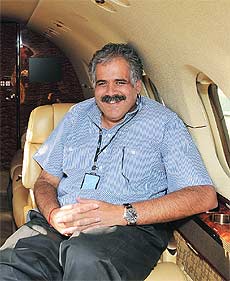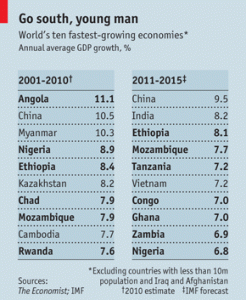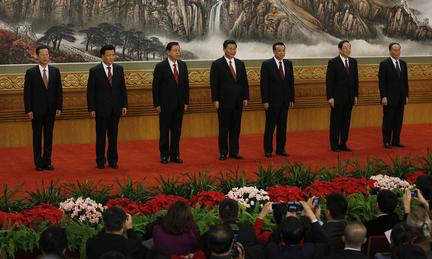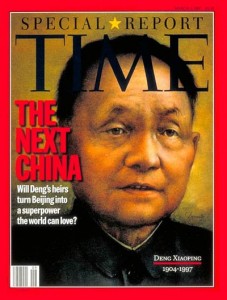Business that’s good for you.
Energy Aware’s Janice Cheam represents a new breed of entrepreneurs. Like all CEOs, she is hungry for success and wildly ambitious, but she is also socially aware. Janice, like many of today’s business graduates is not only interested in money, but also in stirring positive change.
Her firm produces meters that help families measure their monthly power usage and track trends. Energy Aware operates in North America, Europe and even extensively in Australia.
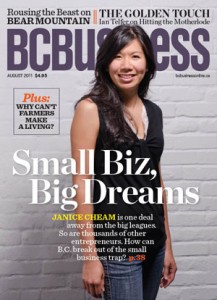
Janice Cheam http://www.newventuresbc.com/2011/08/2006-competitor-energy-aware-on-cover-of-bc-business-magazine/
This is a stark contrast to the common perception of a CEO. As mentioned in my post, “Funny Business”, the world often views businessmen and women in a very negative light; Janice is blowing away those stereotypes.
It was absolutely terrific to see someone so passionate about her work, and about making a difference in the world. Social (or in this case environmental) businesses have featured heavily in my past few Commerce classes, leading me to believe that Energy Aware is not an anomaly but rather part of a growing trend. These businesses are bound to help build a better world by breaking the once established norms and going places unimagined in the last century.
Finally, it’s great to see Energy Aware’s technology a knockout with consumers; interest on both sides of the market will drive environmental innovation and quicken the pace of reform. I look forward to hearing about Janice and her firm’s future success!
Spark: Janice Cheam’s presentation on Energy Aware, Jeff and Paul’s lectures on social enterprise, and Professor David Silver‘s lecture on business ethics.


